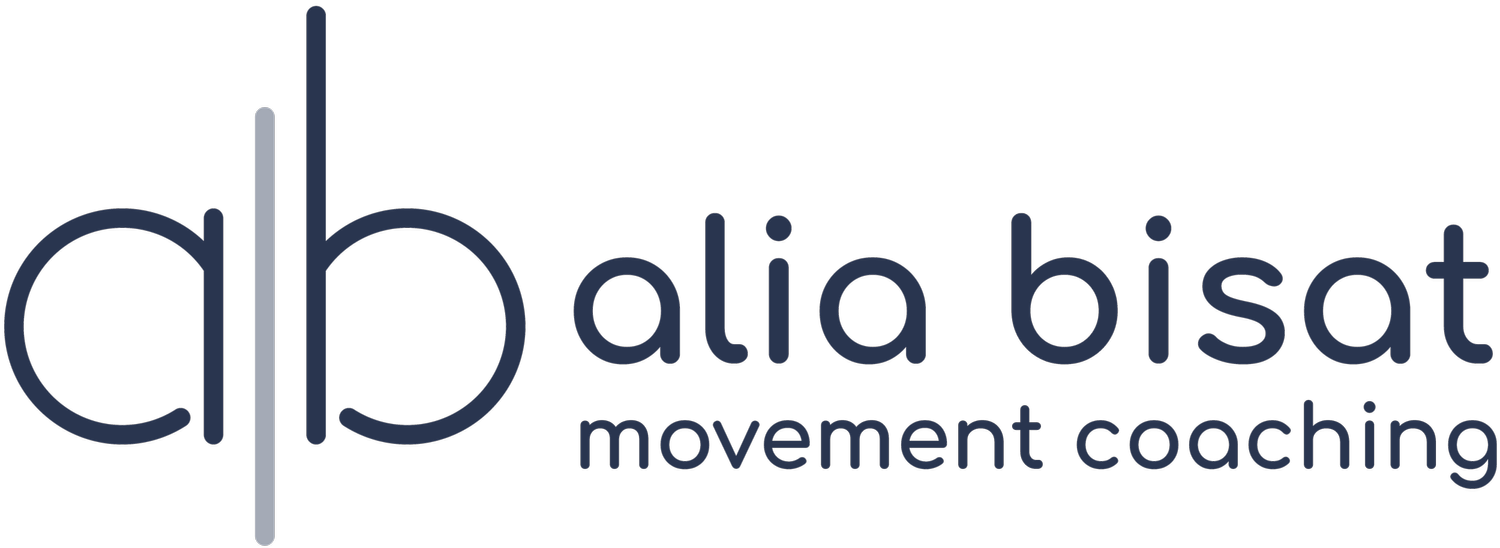About Empowerment
“Empowerment failure refers to being unable to accomplish a
task without first obtaining permission or information.
It is often a case of being micromanaged or micromanaging someone else.”
I’m about 15 years behind, but I’m reading The Four Hour Work Week by Tim Ferriss. It’s my third written-by-a-successful-entrepreneur type book recently, and it’s interesting to discover the many common themes between them all such as mindsets like working smarter, not harder, limiting technology distractions to a designated time of day/designated amount of time, and thinking outside the social norm box of needing to wait till we retire to enjoy ourselves.
In one chapter, Ferriss discusses the benefits of outsourcing our tasks and entrusting others to do the job only we think we can do well enough. I highlighted the above quote in that chapter as it really stood out to me. It stood out to me less in the context he’s referring to of needing to outsource my life but more in context of how fitness classes are taught.
Cueing someone into a position, whether it be a weighted squat or Warrior 2, and then never giving the person a reason for why it was cued that way doesn’t give her/him enough information. Asking someone to reposition her foot to the right in a lunge without suggesting an explanation for why that might be helpful or asking how she feels in the new position doesn’t empower her to figure it out on her own. Only ever moving through a vinyasa sequence one way doesn’t give students the tools to explore other options on their own. As a physical therapist, telling a patient to completely avoid using an area of her body to avoid injuring it more doesn’t give her any agency to understand her injury, only adds loads of fear.
I’ve had several people tell me recently that they’d like to learn how to move in the proper way as not to injure themselves. I feel that this hesitation to move in fear of doing something horribly wrong may stem from the way we talk about movement. Language around movement seems to revolve around shoulds and shouldnt’s, do’s and don’ts which creates this idea that our bodies are inherently fragile and weak, and we must protect them carefully. My current 300 Hour teacher Jules Mitchell would say, “What good does that do for anyone to be so fearful of their own body?” The solution my former teacher, Leslie Kaminoff, would suggest instead of a set in stone prescription sounds more like, “Try this, then try that. See how it feels.” No, it’s not as comforting in the short term because it’s very open ended. But in the long term, it’s liberating because you’re given the power to decide, and you’re given options from which to decide.
My primary goal is to give clients and students alike as much information (in context) as possible. That information can come in the form of an actual explanation, in the form of open exploration, in the form of abstaining from cues rather than giving them, and all the resulting feelings from these things. When we’re armed with information, we have agency. When we have agency, our confidence increases. When our confidence increases, it’s likely we’re already stronger. And so the result is ideally a positive cycle of empowerment where we feel less debilitated by our ever-changing bodily sensations and more curious, less scared and more hopeful.
keep moving.
xoxo
